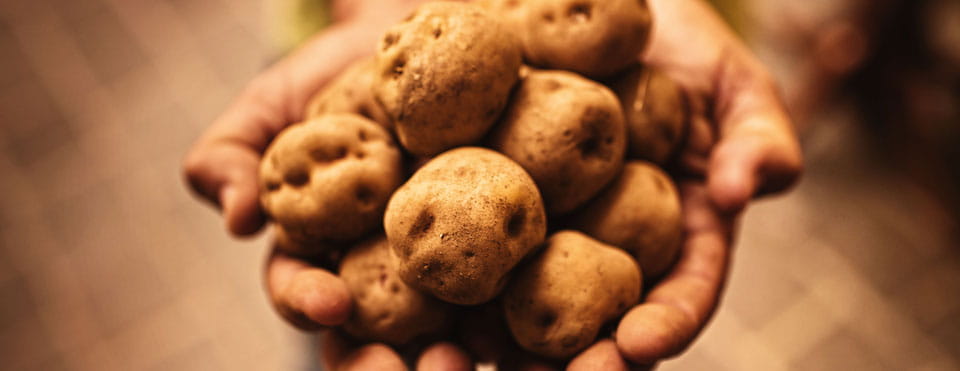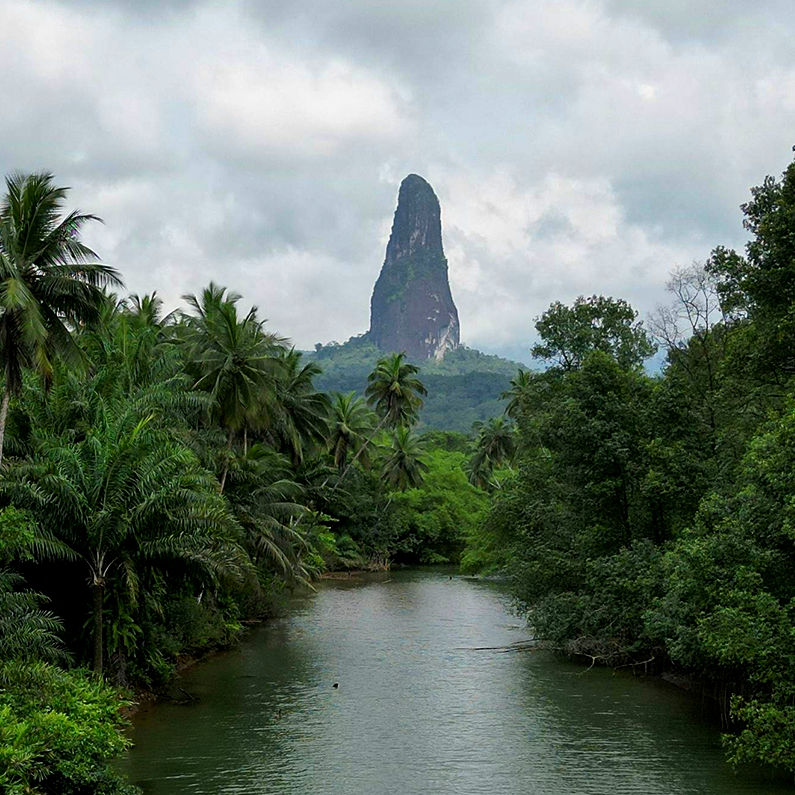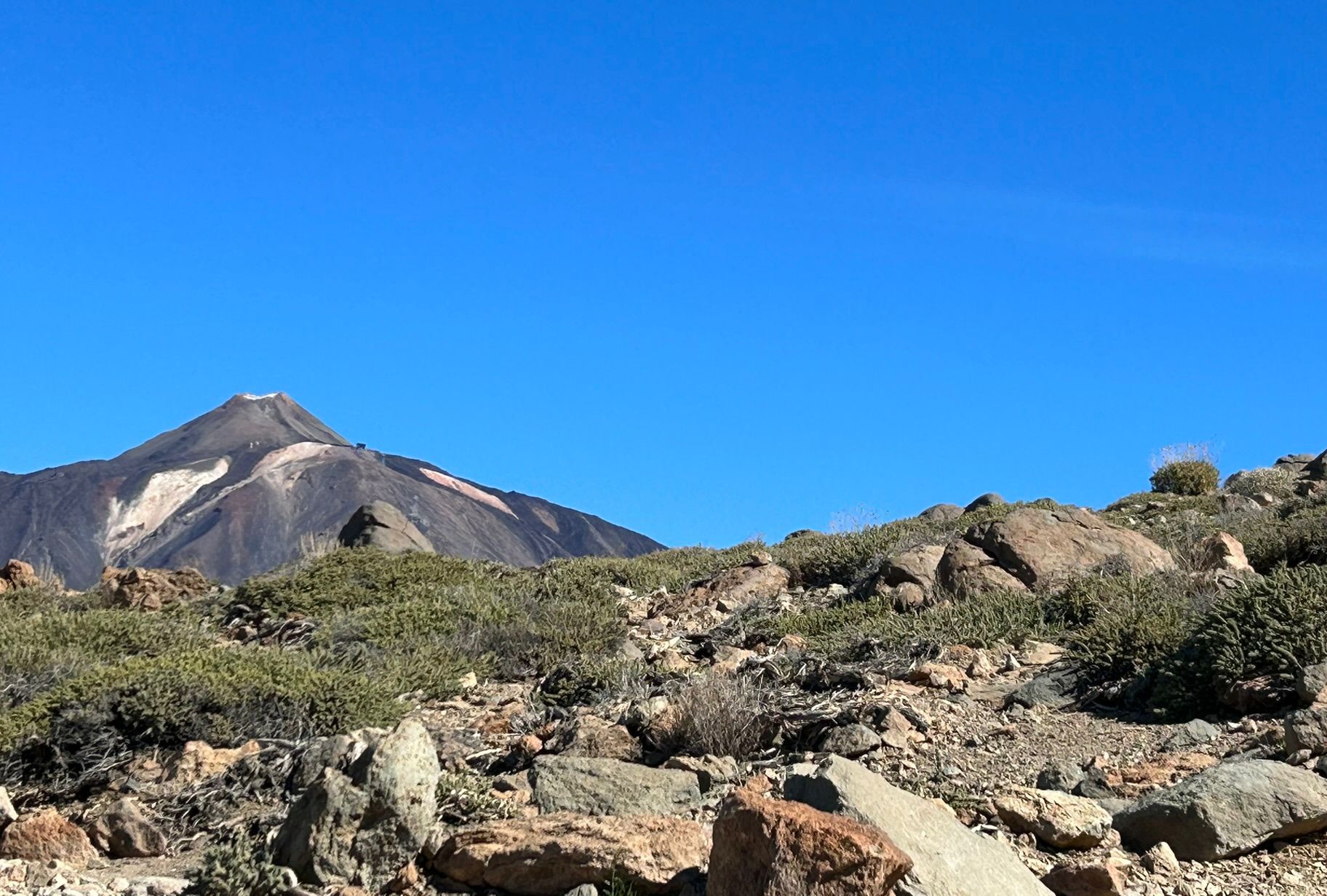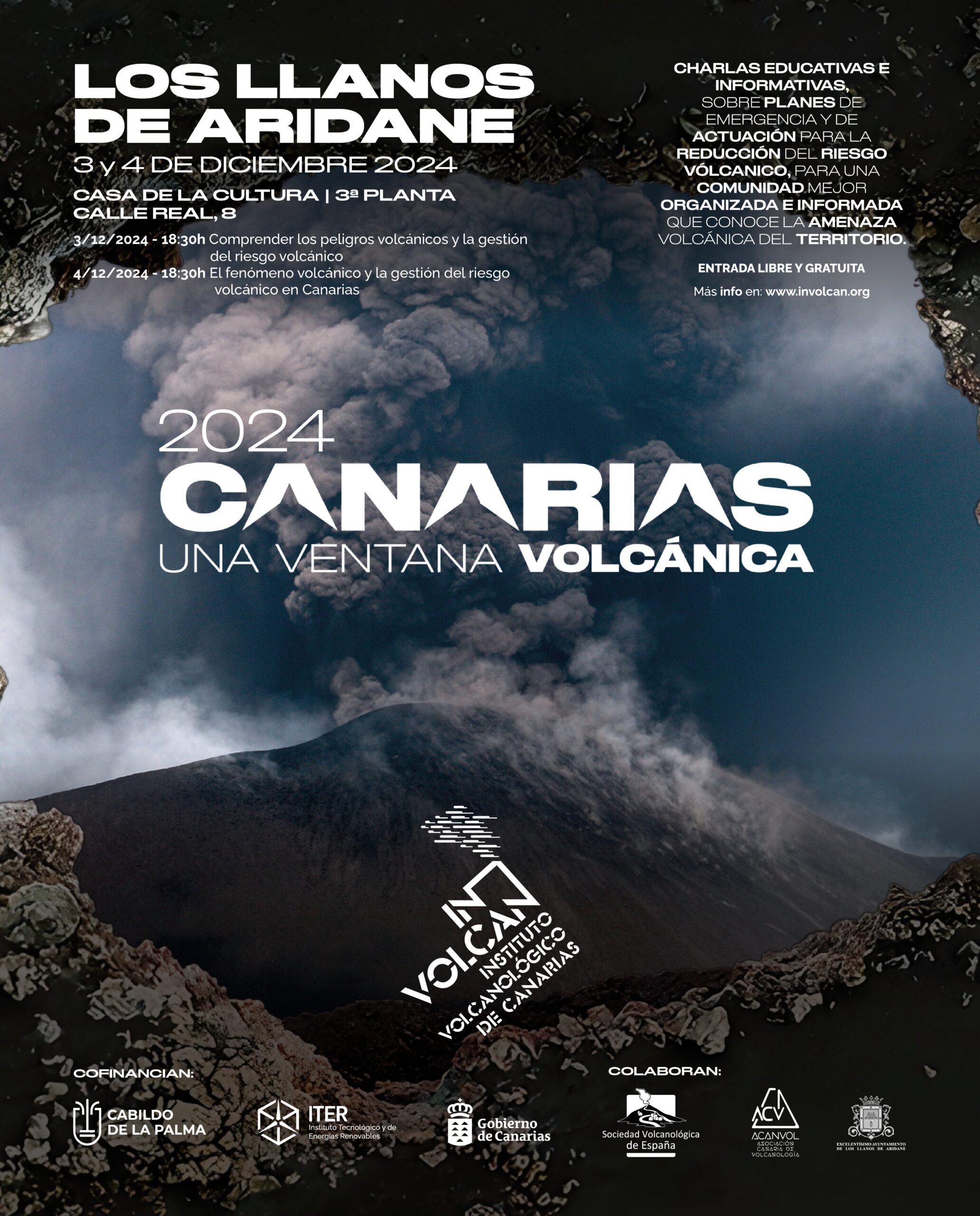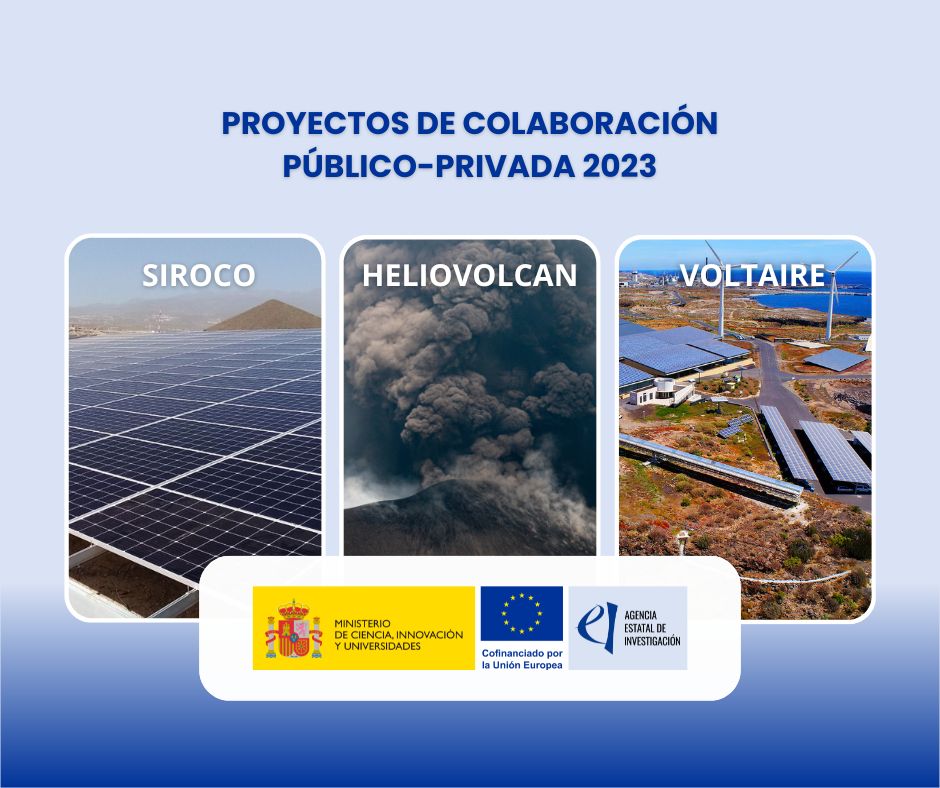EXPERIMENTAL DESIGN AND DEVELOPMENT TO CHARACTERIZE THE FINGERPRINT OF POTATOES GROWN IN THE CANARY ISLANDS IN ORDER TO CERTIFY THEIR AUTHENTICITY AND GEOGRAPHICAL ORIGIN, TO PROTECT PRODUCERS AND CONSUMERS FROM POTENTIAL FRAUD
Data
Acronym: PAPACAN
Reference: CPP2022-009931
Partners: University of La Laguna (ULL) and Instituto Tecnológico y de Energías Renovables, S.A (ITER). Duración: 31/12/2023

Budget: 556,332.24 €
Co-Financing: Public-Private Collaboration 2022. State Plan for Scientific and Technical Research and Innovation 2021-2023. Ministry of Science and Innovation. Project CPP2022-009931 funded by MCIN/AEI /10.13039/501100011033 and by the European Union NextGenerationEU/PRTR.

Project overview
“PAPACAN aims to evaluate the use of natural strontium isotopes as potential ‘fingerprints’ of potatoes grown in the Canary Islands, as well as to carry out their physicochemical characterization. As a result of this project, a scientific verification protocol will be developed which can help to certify not only the origin of products but also the nature of their agricultural environment.
The growing demand for high-quality and safe agri-food products in Europe has promoted the development of strict control laws to certify their authenticity and geographical origin in order to protect producers and consumers from potential fraud. Among these products is the potato, which is a fairly economical food that provides energy due to its starch content, in addition to vitamin C, minerals such as potassium and proteins. It also contains many low molecular weight compounds (flavonoids, carotenoids, phenols and vitamins) whose multiple beneficial health effects have been recognized.
In the Canary Islands, data on the cultivated area of potatoes indicate that it has been gradually decreasing since the last century. At some times of the year, due to a decrease in local production due to agro-environmental issues or competition from imported potatoes, fraud could be occurring when marketing one for the other. For these reasons, the geographical traceability of local potatoes is of vital importance to modern Canarian society, generating the need to establish valid scientific protocols capable of tracing the geographical origin of potatoes grown in the Canary Islands, as well as to evaluate the quality of the product.
This project aims to evaluate the use of natural strontium isotopes as potential ‘fingerprints’ of potatoes grown in the Canary Islands, as well as to carry out their physicochemical characterization. The isotopic ratios of heavy elements of geological interest, such as the 87Sr/86Sr isotopic ratios, have gained interest in recent decades to certify the regional origin of food. On the other hand, the study of the physicochemical profile can provide complementary information that helps to distinguish a product as grown under optimal conditions and, at the same time, provide new quantitative standards of product quality.
As a result of this project, a scientific verification protocol will be developed which can help to certify not only the origin of products but also the nature of their agricultural environment.
Links of interest:


